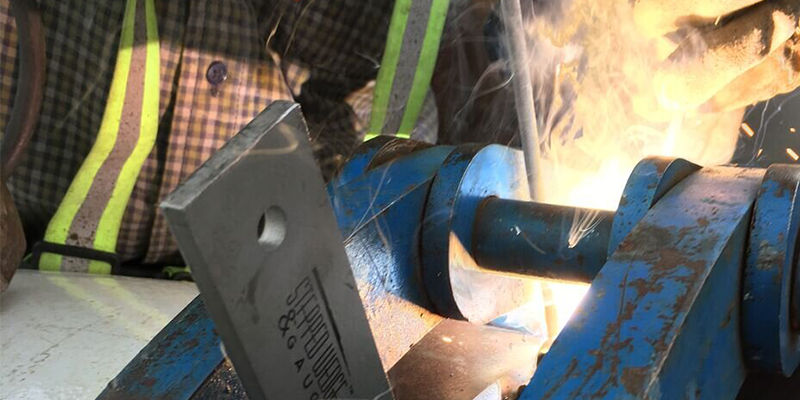Tips to become aspiring welder
Welders are of different kinds and often specialize in a specific type of job. All welders are not specialists at pipeline welding as it is one of the most difficult welding jobs. Work will differ on a day-to-day basis and include soldering, welding and cutting. Some of the most common tools are pipe fitting and flange tools, pipe fitting wedges, pipe cutting and bevelling machines, pipe alignment and reforming clamps, hoists, lifts and cranes, etc.
Welders handle various types of work related to metal items. Some of the tasks that every welder partakes in are:
- Carefully studying sketches of the material and looking closely at the blueprint.
- Calculating the dimensions of a product before beginning.
- Starting power supplies and ignition of torches.
- Thorough inspection of the item to be welded.
- Full control over welding to prevent the product from overheating.
- Proper maintenance of machines and tools.
Due to the dynamic nature of metal pipe it is used for a variety of things like oil and gas pipelines, scaffolding, fencing and handrails, water and sewage, etc. Pipe welders will always be in growing demand. Having a stable job is important, but there are other considerations that need to be taken into account. Here are 5 things that you should think about if you are planning on becoming a pipe welder:
Pipe Welding Requires The Most Skill
After mastering the art of pipe welding, the other types of welding will seem relatively easier. For example, depending on the size and material of the pipe, maintaining the travel angle will become more difficult. The travel angle will change based on the diameter of a pipe.
Pipes are often located in places that are difficult to reach and it can be challenging to weld. If someone becomes proficient at pipe welding, it generally means they have become a well-rounded welder and can handle most types of welding jobs.
Pipe Welders Can Travel Frequently
In USA, welders travel to multiple locations like California, Texas, North Dakota, Alaska, Louisiana and New Mexico for work related to the oil and energy industries. Experienced welders also travel outside USA to multiple locations. At the beginning of your career, flexibility is a must.
Great Job Security And Wages For Pipeline Welders
Pipeline welders are always in demand, especially those with a lot of experience and skill. Without getting into the exact figures, it will be fair to say they earn five figure salaries. Also, because there is no dearth of construction work and pipelines, there is always work available for welders around the globe.
Opportunities To Work In Many Different Industries
Oil and gas industries are not the only ones that require pipeline welders, there are many others. Steel pipes are used for water treatment plants, industrial scaffolding, sewer systems and more around the globe.
Once you have established yourself as a professional welder with several projects under your belt, you can take pipeline welding jobs in different countries and industries. If you are exceptionally good at your work, you can afford to pick and choose which projects to work on.
Stable Long Term Career
The demand for expert welders is growing and doesn’t seem like dissipating any time in the near future. There are three options – work for someone, freelance or start your own company. Ideally, if you are an experienced welder, it is best you freelance or start a company. This way your future is in your own hands.
The right training program is the key to success in this field. Learn important welding skills and master the welding machine, fitters wedge, generator maintenance and more. Work under an expert initially and learn the basics before considering doing something on your own.





